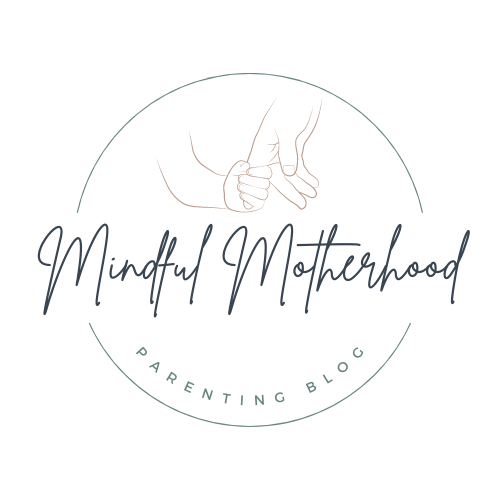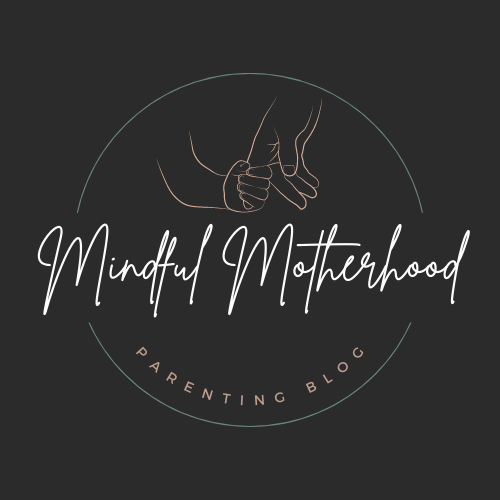My Son Has a Superpower: ADHD Parenting Q+A
- Kirsten Russell
- November 5, 2021
- Comments Off on My Son Has a Superpower: ADHD Parenting Q+A
Many ADHD symptoms, such as high activity levels, difficulty remaining still for long periods of time and limited attention spans, are common to young children in general. The difference in children with ADHD is that their hyperactivity and inattention are noticeably greater than expected for their age and cause distress and/or problems functioning at home, at school or with friends.
Psychiatry.org
Connor’s brain and body have always fired faster, longer, and harder than most of his peers. He has more energy, more zest for life, more waves of emotions, more grit, more determination, and more perception. When a neighbor walks by our house, his heart starts to race, and his mind is going a million miles an hour. He becomes excited, fidgety, and has big emotions when I tell him, “We are not going to go ask where that stranger lives.”
He is busy, and let me explain the difference between busy and BUSY.
A neurotypical toddler will see a bin of toys, dump them out, and grab a specific one to examine. At age two, if Connor saw a bin of toys, within seconds he would have dumped it out, ran in a few circles while happily screaming, then stood on the bin to jump off of it, while forgetting about the toys, and running over to the window and demanding to go outside RIGHT THEN. Just writing that sounds exhausting!
Yes, children are busy and full of energy and Connor’s business and impulsiveness was impeding his daily life beginning around age 2.5. ADHD was always at the forefront in my mind. As an early childhood educator, I had years of experience and education with neurodiverse toddlers and young children. My gut always told me something was “off”, it was only a matter of age before we could get official assessments.
I was also fortunate that when I was teaching, the children who were outliers were my absolute favorites to study and support. I was reading and taking classes on ADHD years before I even thought of having children on my own. I was confident that Connor was given to me for a purpose of growing and learning with him. Yes, I get overwhelmed, and need frequent breaks as his mama, but we have a bond that is irreplaceable because of the time I’ve spend learning who he really is. I’ve never doubted that ADHD is his superpower and I am proud to share our story.
Here are the Q&A’s from my IG stories around his ADHD diagnosis:
1. Are you and your husband ADHD?
We both are calm, focused, and do not need much sensory input to complete tasks. Since our demeanor is the opposite of Connor’s, it can be a blessing and a curse. For example, we don’t mind if he is playing soccer in the house because we are pretty flexible and chill. Sometimes his “on the go” brain does wear us down since we are not “on the go” people. I am an anxious person, and we have similar anxious tendencies.
“Scientists have not yet identified the specific causes of ADHD. There is evidence that genetics contribute to ADHD. For example, three out of four children with ADHD have a relative with the disorder. Other factors that may contribute to the development of ADHD include being born prematurely, brain injury and the mother smoking, using alcohol or having extreme stress during pregnancy.”
–psychiatry.org
2. What specialists do you see for assessments?
When children are between the ages of 4-5, talk to your pediatrician about a referral to a developmental child pediatrician or child psychologist. Most pediatricians are not trained in the in-depth assessments on ADHD, and some can diagnose, some cannot. If your pediatrician encourages you to “wait” until your child is older to be assessed, keep pushing. If your pediatrician wants to diagnose at their office without assessments, ask for a referral to a specialist who will assess your child for ADHD.
This can be long process of phone tag and overwhelming emotions knowing where and who to start with. As you move through the process, it will become more clear. The beginning is always the most challenging when you can’t see an end in sight. Since the medical system can take awhile, I recommend starting the process a year before your child enters Kindergarten, so if public Kindergarten is challenging you can quickly get a 504/ IEP in place, which legally is helpful.
We currently see a child psychiatrist who monitors his use of Adderall monthly. Once Connor is 6 years old, he will be reassessed by the child psychologist we were referred to from our pediatrician.
3. How do you talk about ADHD with your child?
Children who are diagnosed with ADHD, are more likely to develop anxiety, low self esteem, and decreased self worth. They might feel like they are constantly getting in trouble, are “the bad kid”, or just can’t do the right thing when they want to. This is where high positive feedback mixed with high structure come into play in your home. Which is perfect, since if you are here, you are already on board with positive and respectful parenting!
I begin to plant little seeds of sameness for Connor to relate to. It sounds like: “I had two things to remember to pack for the park and I forgot both of them! I wanted to tell myself that I should have remembered, and that was a bad thing… but then I remembered how many thoughts are going in my brain and WOW..it makes sense I forgot them! Next time I’m going to make up a song to remember.”
When he is impulsive, or moves too fast, I remind him that when his brain and body feel like a race car, slow down to walking speed.
When we told him about his ADHD, it was very casual and positive. “The doctor you have been working with, told us that she found out something very interesting. You have something that makes your brain think really fast called ADHD. That makes sense why sometimes you have a lot of energy. ADHD is a superpower because it helps you be creative, play with things you really like, and gives you enough energy to ride your bike all the way to train tracks! ADHD also makes our brains move so fast that sometimes we make a mistake and think, Why did I do that!? Or Why can’t I remember? That is ok. That is normal. The blue pill you take is going to help you. It might make you feel calm like you feel when we read books before bed. Just like glasses help Lilly see, and the red pill I take each day helps the baby in my tummy grow, this blue pill will help your brain!”
As Connor grows, and we learn more about his quirks and how they are affecting his social and cognitive skills, we will keep him in the loop. When kids feel off or different, it feels pretty bad. Worse than feeling off or different, is feeling it alone, and not understanding what is going on.
4. How is ADHD different between boys and girls?
I noticed a different in the classroom, that corresponds to this article!
https://www.healthline.com/health/adhd/adhd-symptoms-in-girls-and-boys#Recognizing-ADHD-in-Girls
5. Difference in Sensory Processing Disorder and ADHD?
Oh, I so wish I could give you a direct answer. There is a lot of debate about whether “sensory processing disorder,” or SPD, is a real disorder.
Occupational therapists, who work with a lot of kids who have sensory needs, say that SPD is real. Other professionals like pediatricians and psychologists often disagree. This can be confusing, especially when behaviors seem to overlap.
Let’s see if this example will help you (lets say its a 4.5 year old):
- A neurotypical child who is sensitive to sand in their shoes might complain when they go in a sandbox, but keep playing.
- A child who has SPD with aversions to tactile sensations such as sand in their shoes, might feel the sand, and get out of the sandbox immediately. They will not go back in, or they might meltdown over the sand in their shoes.
- A child with ADHD and a sensitivity to sand might take their shoes off and brush the sand away, throw their shoes, run in the sand for a quick minute, forget they are not wearing shoes and try and climb the nearby slide, be reminded to get their shoes, so they run back over to the sand and start playing in the sand, distracted by a rock in it.
One reason we went down the SPD route for Connor is because he needed extra sensory input. He was constantly touching people, running into things, loved weighted blankets, chewing, etc. An OT might claim that kids hug other kids excessively because they are seeking deep pressure. ADHD also suggest that if children are impulsive, or inattentive to social cues, they will be more physical. Do you see how the behaviors overlap?
So what should you do?
Seek as much support as you can. Talk to a variety of specialists. If something doesn’t seem right to you, seek out others. More support will not hinder your child’s development.
Knowledge is power when it comes to advocating for your child. Support yourself and your child by taking care of YOU. Raising a sensitive, hyperactive child is not for the faint of heart. I’m here to tell you that you CAN do it, and even if it feels like behaviors will never end, it will get easier. You know where to find me on IG if you have any questions or want to chat.
Disclaimer: This information is not to be replaced by professional opinions 🙂


